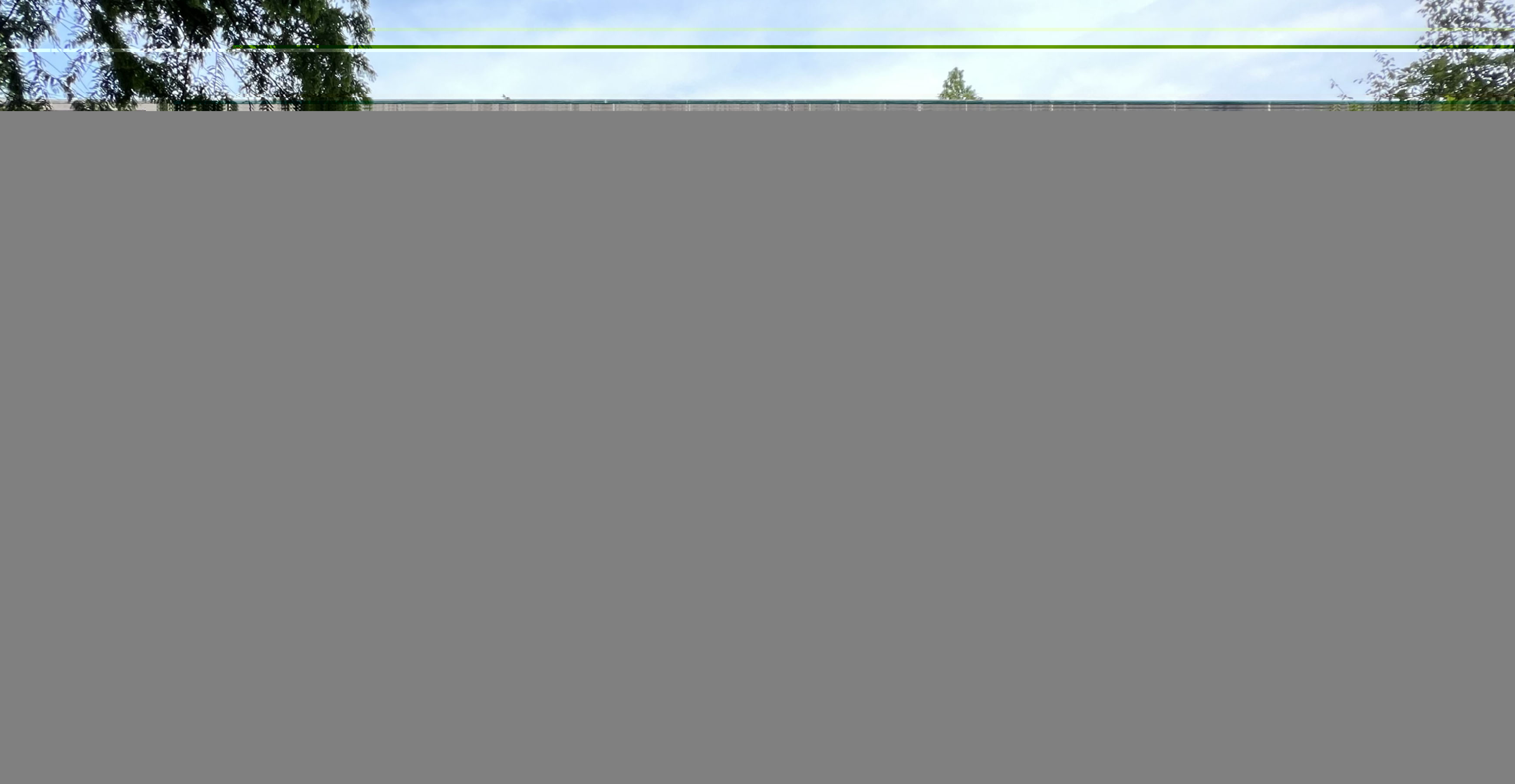
The Medical School of Nanjing University has a rich and illustrious history, dating back to its inception in 1925 as the Medical School of National Central University. In 1932, the Medical School was separated from National Central University and became an independent medical college. In 1935, National Central University reestablished Medical School. Following China’s liberation in 1949, the school was renamed as the Medical School of Nanjing University, and was subsequently transferred to the military system in 1951. In 1987, with the approval of the Ministry of Education (the former State Education Commission), the school was rebuilt again and became the first seven-year medical school among comprehensive universities under the direct leadership of the Ministry of Education. Today, the Medical School of Nanjing University continues to be a leading institution for medical education and research in China.
The Medical School of Nanjing University is distinguished by its unique talent training approach, which emphasizes personalized, internationalized and research-oriented medical education with the goal of cultivating outstanding leading clinicians and medical scientists. The School offers two specialties, Clinical Medicine and Stomatology, both of which are national first-class specialties and provides a continuous learning pathway that allows students to pursue master’s and doctoral degrees without having to reapply for admission after completing their undergraduate studies.
Additionally, the School provides two first-level doctoral programs in Clinical Medicine and Basic Medicine, two professional doctoral programs in Clinical Medicine and Stomatology, and two post-doctoral stations in Clinical Medicine and Basic Medicine. According to the latest data from the ESI database of the Institute for Scientific Information, U.S., the Clinical Medicine discipline at the School is ranked among the top one thousand worldwide.
The School currently has five affiliated hospitals: the Nanjing Drum Tower Hospital, Jinling Hospital, Nanjing Stomatological Hospital, Taikang Xianlin Drum Tower Hospital, and Yangcheng No. 1 Hospital. Additionally, it has several specialist hospitals in Nanjing that serve as teaching hospitals. The School boasts a strong faculty, which includes one Academician of the Chinese Academy of Science, two Academicians of the Chinese Academy of Engineering, 139 doctoral supervisors, 142 professors, and 207 associate professors.
Over the past few years, the School has made remarkable progress in discipline construction, faculty team building, scientific research, and social services. Currently, the School is home to several national and provincial research centers/platforms, such as the National Clinical Research Center of Chronic Kidney Disease, the National Genetic Engineering Mouse Resource Bank, the Ministry of Education Key Laboratory of Model Animals for Disease Research, and the Jiangsu Province Key Laboratory of Medical Molecular Technology. Additionally, 23 clinical research institutes have been established to provide a platform for the medical application research. Over the past five years, the School has undertaken more than 430 projects funded by the National Natural Science Foundation of China and more than 20 key R&D projects of the Ministry of Science and Technology. In recent years, the School has received many national, ministerial, provincial, and municipal science and technology awards.
The School, strongly influenced by Nanjing University’s strong natural science foundation and rich academic and humanistic environment, places great emphasis on nurturing students’ fundamental theories, innovative thinking, scientific research abilities, and humanistic qualities. The modern curriculum offers a wide range of general courses related to modern medical theories and practices, ensuring that students have a comprehensive and solid knowledge foundation in life and natural sciences. Furthermore, students gain mastery in modern medical theories, essential clinical knowledge, and practical skills.
The School is active in international cooperation and exchanges, and has established connections with many prestigious universities. It has signed agreements for student exchange programs with the Johns Hopkins University School of Medicine in the United States, the University of Western Australia School of Medicine in Australia, and the Chinese University of Hong Kong School of Medicine. Every year, the School selects outstanding students for exchange programs with these institutions. Additionally, in 2021, the School collaborated with the University of Leeds to establish a joint training program for postgraduate students in stomatology.
In the past 30 years, the School has produced numerous exceptional graduates who have worked in the clinical field of Grade A Tertiary hospitals in major cities throughout China, and have demonstrated excellent performance in their work. Many of these graduates have achieved remarkable accomplishments or become key members of their respective hospitals. Employers acknowledge that graduates from the School have a solid foundation, sharp intellect, a broad range of knowledge, strong research and innovation abilities, and are highly attentive to the forefront dynamics of medical development. Our graduates have shown strong competitiveness in both the clinical and research fields of medicine.
